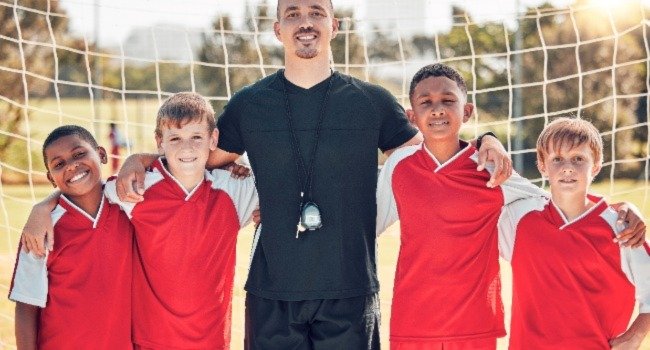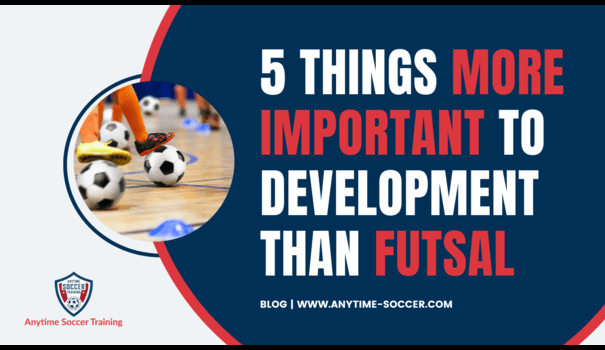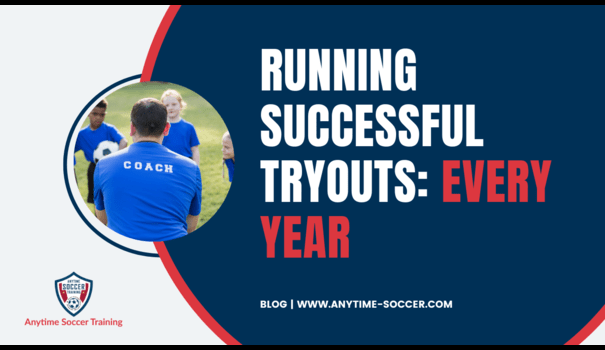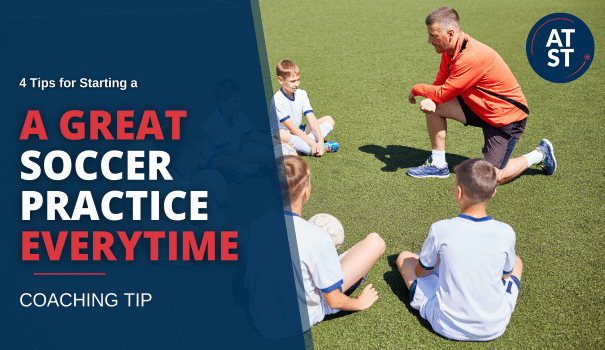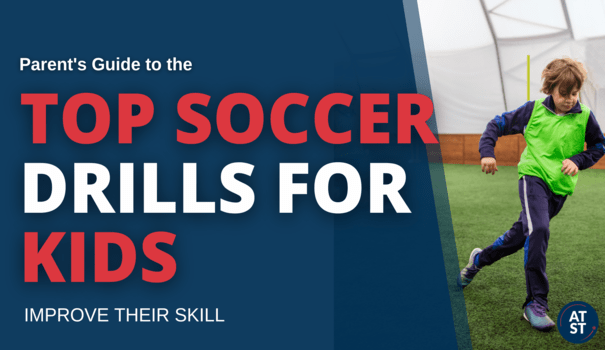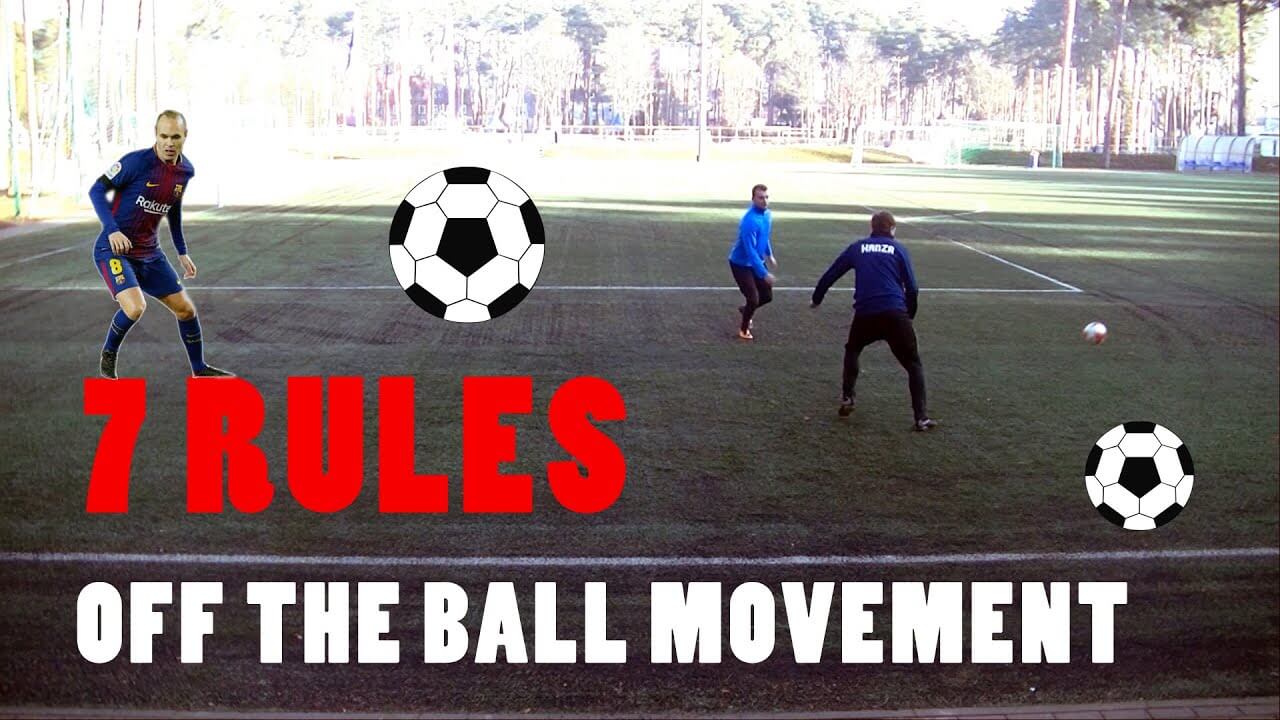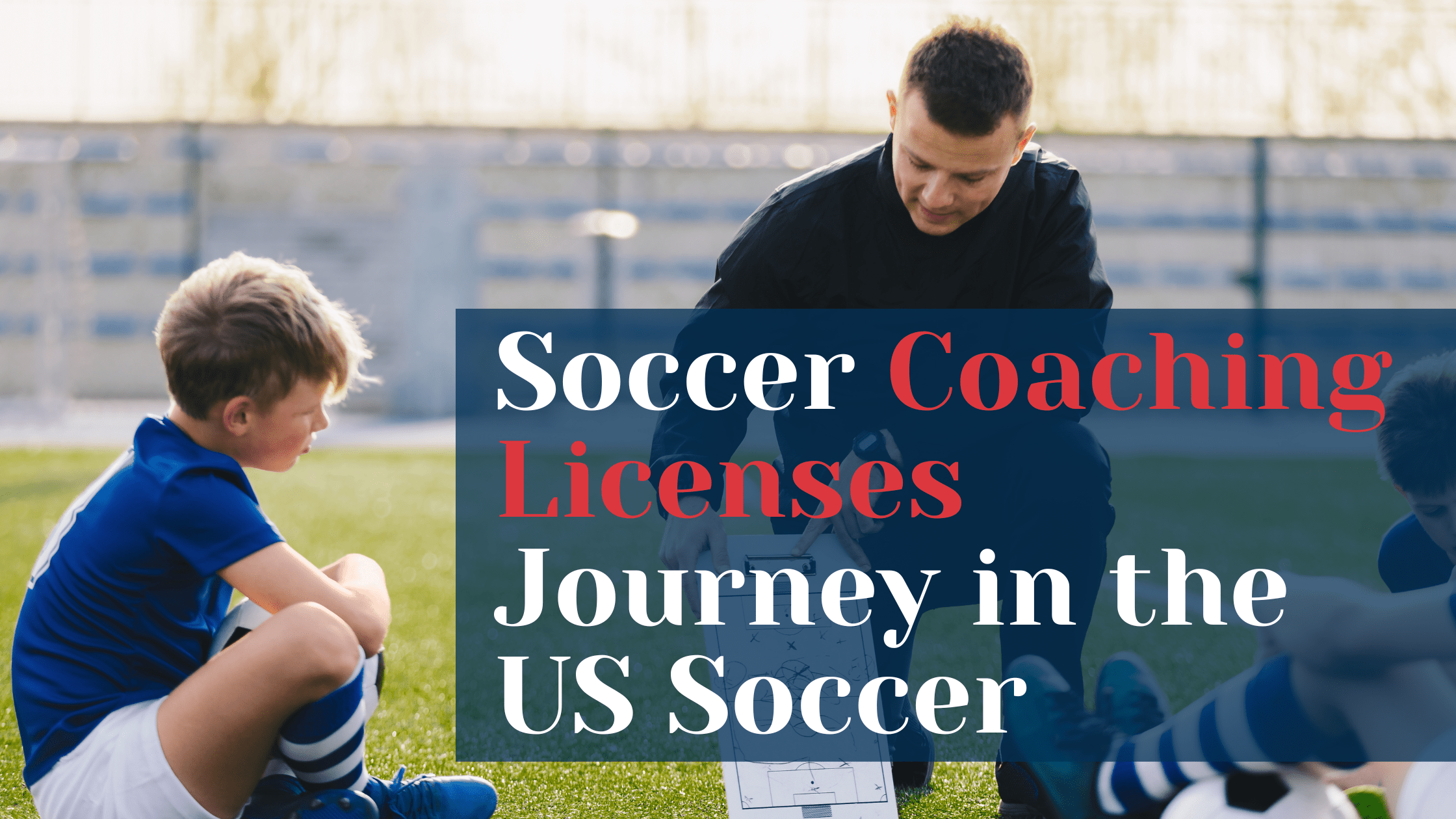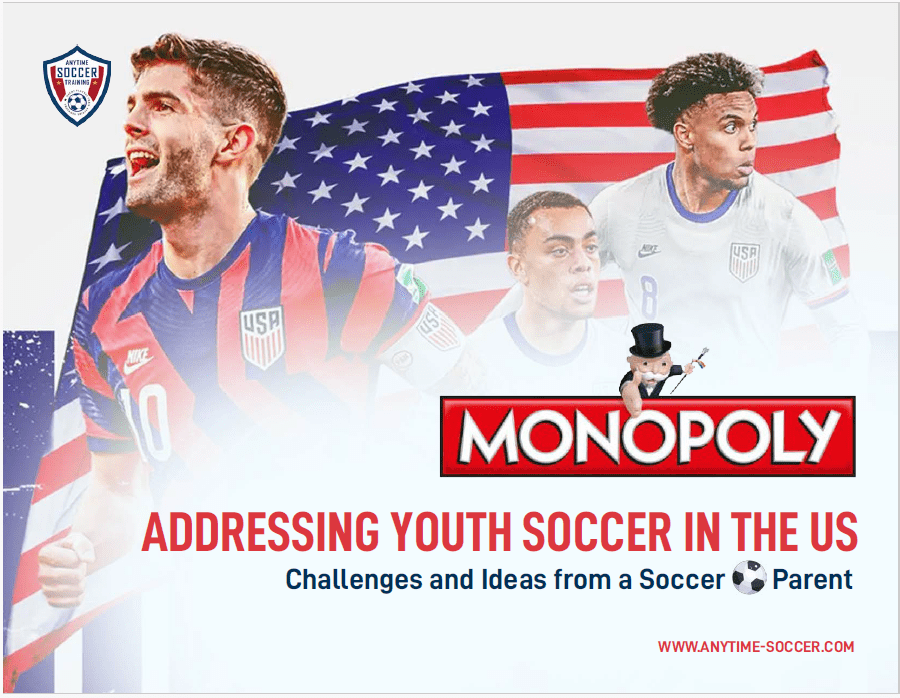
Being a parent and coach of youth soccer players, I understand that some kids face challenges when it comes to expressing their needs and concerns. It’s crucial for us, as coaches and parents, to provide support. However, it’s equally important for young athletes to learn how to speak up for themselves as they navigate the world of soccer.
For instance, some youth soccer players may encounter issues like:
- Struggling to communicate with their teammates effectively during matches.
- Feeling intimidated or unsure about approaching the coach to discuss their role in the team.
- Dealing with performance anxiety or lack of confidence on the field.
- Balancing schoolwork, social life, and soccer commitments.
- Experiencing difficulty with time management and maintaining a healthy lifestyle.
These are just a few examples of the challenges that young soccer players may face. By encouraging them to voice their needs and concerns, we empower them to develop essential life skills and become more independent as they grow in the sport.
To help my players become better self-advocates, I ask them these five questions:
What can we do to make things better?
When a player is frustrated or concerned about their performance or experience on the team, I encourage them to think about possible solutions.
By focusing on specific strategies to address the issue, players are more likely to feel empowered and take action. For example, if a player is having trouble keeping up with the game’s pace, we might work on improving their conditioning or developing their agility.
Is it worth it?
Sometimes, players may feel that an issue is too small or insignificant to bring up. In these cases, we discuss the potential impact of the issue on their overall performance and well-being.
We also consider whether the player has the resources and support to tackle the problem effectively. For example, if a player is unhappy with their position on the team, we might discuss whether it’s worth talking to the coach or exploring other options.
How can you express yourself in the best possible way?
It’s important for players to learn how to communicate their needs and concerns respectfully and effectively. We discuss different approaches to addressing issues, such as speaking privately with the coach or sending a polite email.
Players also learn to anticipate potential responses and plan accordingly.
Do you need some backup?
Sometimes, players may benefit from additional support or advocacy. For example, if a player is dealing with a difficult coach or teammate, we might discuss ways to involve a parent or another trusted adult.
We also talk about strategies for building alliances with other players on the team.
Can you see how brave you are?
I make sure to recognize and celebrate when a player speaks up for themselves, takes a risk, or makes progress toward their goals.
This positive reinforcement helps build confidence and resilience and encourages players to continue advocating for themselves in the future.
By asking these five questions and supporting players in their self-advocacy journey, we can help them develop critical life skills that will benefit them both on and off the soccer field.
